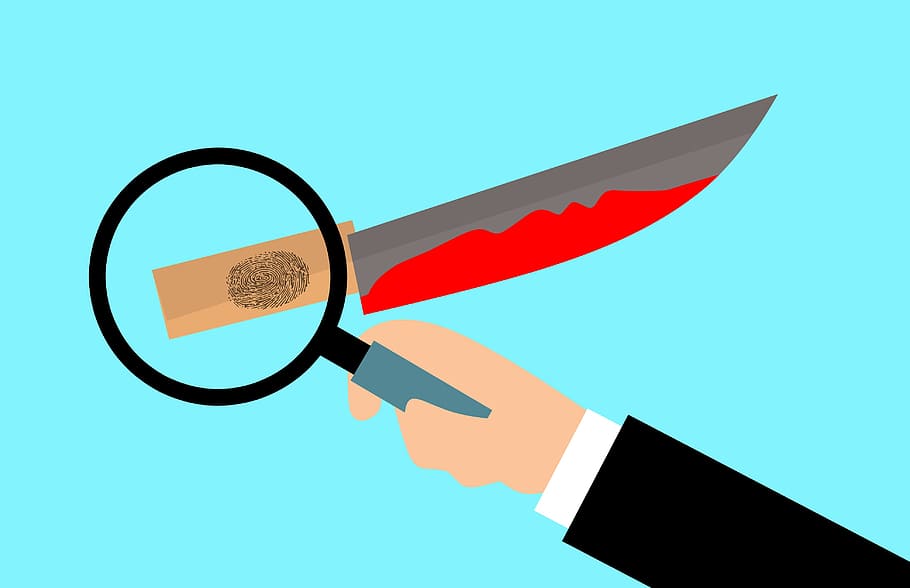I should explain the article this week is definitely more of a commentary than anything else and that these are my own opinions and do not reflect the opinions of everyone on this website.
“I recently got into True Crime Podcasts” is possibly a very common statement these days. Nowadays, people are inundated with options on practically any way you consume media. Youtube? Top 5 and Buzzfeed Unsolved. Netflix? Making a Murderer. Podcasts? My Favourite Murder. These are just the popular offerings.
I come from a family of lawyers, and whether I liked it or not crime and law was a common topic of conversation around the dining table. We often talked about cases. Even the media my family consumed leaned towards crime fiction or true crime.

When I was growing up I recall watching several documentaries on various crimes. I don’t remember when I stopped, probably after I discovered I didn’t like blood, thanks to fictitious shows like Casualty or a poorly advised dive into horror. Alternatively, perhaps it was when I realised that these documentaries were real events that happened to real people. However, by the time I was a teenager I didn’t like true crime one bit and would often leave the room if it came on. Even into my early twenties, I swore off crime novels, even fictitious ones like Gone Girl as “just not my thing”.
So you may be wondering how I got back into true crime. The short answer is Tumblr. For two years I was bombarded with Gifs and memes of a tall gangly man and his shorter friend yelling at ghosts, demons and “connecting two dots”. Around this time I had a roommate who was really into True Crime, who I will call Beth. Beth does not have a stomach of steel, but would occasionally stop our endless scroll through whatever streaming service and ask can we watch documentaries on grizzly things like the Slender Man attack. We did and while I felt squicked out I was not too horrified.
I moved away and last October I gave in and watched Buzzfeed Unsolved. (Turns out Beth also watched Buzzfeed Unsolved and this season we sent messages to each other comparing what we believed happened in the cases.)
One of the episodes for Buzzfeed Unsolved was actually an advert for I am the Night. When I looked it up, I realised it was about the infamous Black Dahlia murder and produced by Patty Jenkins and Chris Pine. I like Wonder Woman so during the start of the lockdown I decided “Why not?” and binged the show over three nights. While I was looking up the show I noticed there was a mention of a podcast on the Wikipedia page and decided it wouldn’t hurt to listen. I am obsessed with finding out what is true in an adaptation of real events so this seemed interesting to me. So I listened.
Looking back at my recent journey through the rabbit hole of the true crime genre, I am unsure how to feel. To a certain degree, hearing about these crimes seems pervasive for both the victims and their families. They’ve lost loved ones in violent ways and now every aspect of their lives and that of the victims is under speculation. I feel sorry for their families and friends having to hear their loved ones’ death talked about so flippantly. They aren’t allowed to grieve in peace. Most of the time, these are normal people who don’t expect or want fame.
Most of these murders or crimes, especially the famous ones, are horrendous or creepy and I don’t just mean how they died or what they went through beforehand. Why would people do that to another person? However, I feel I have no place to complain; I am listening to this stuff in my bedroom. If I have a nightmare, I have my cat and some tea. However, for other people these are hells they may never or will never escape.
Despite this, it makes it all the more inspiring when you hear the stories of the survivors. For someone to have survived these things and come the other side is an impressive feat. Hearing these stories inspire hope more than most fictitious stories do as these are real people, not trained to deal with death or fictional heroes. The fact that people can survive these events is optimistic. If people can do that, they can survive a lot of things. It means there is hope and people can exist after trauma.